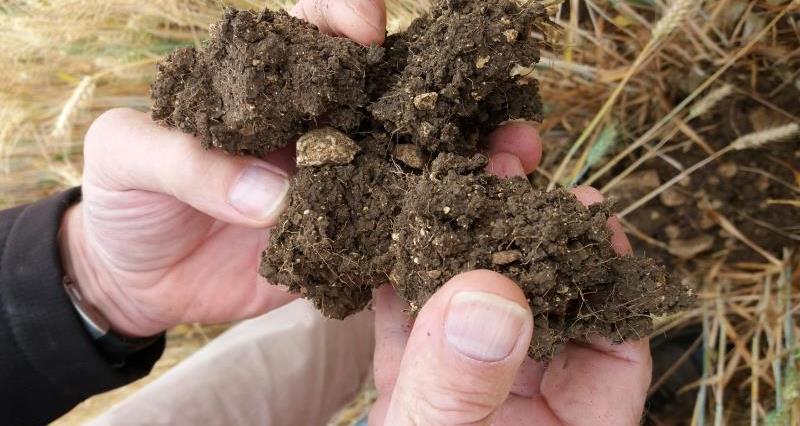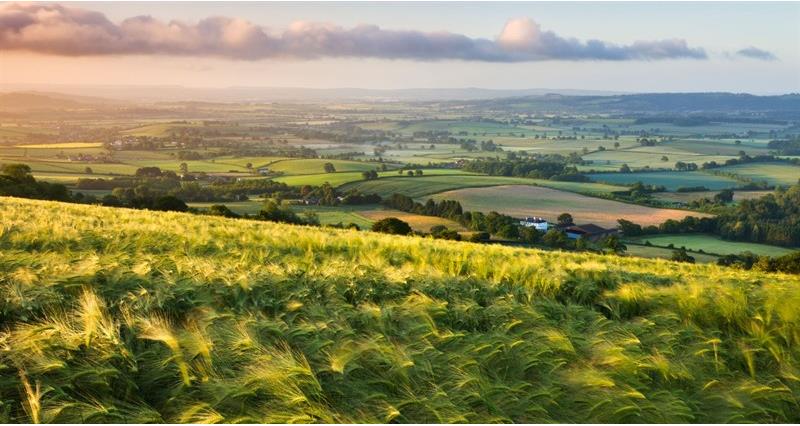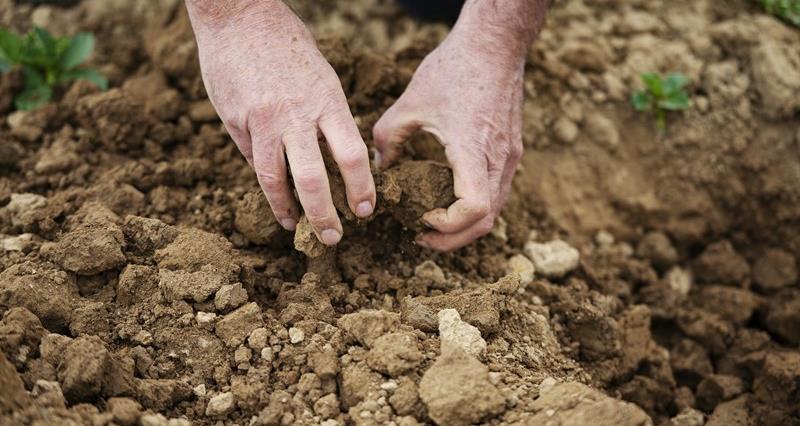
Name: Saya Harvey
Location: Leicestershire
Soil type: Heavy clay soils
Farming system: Arable
Farm size: 120ha
We have never really had a soil erosion problem on the farm but extreme rainfall events in recent years have highlighted some of the higher risk areas, particularly where we have had poor establishment of winter crops.
Minimising soil compaction and ensuring that all field operations promote a good soil structure is a very high priority for us as well as maintaining a fully functioning field drainage system.
We do have 12m margins along water courses where there is any slope and this has definitely served to protect our water from soil run-off in recent years. Winter cover is also very important, either in the form of a winter crop or intact stubble.
Name: Tom Dye, CEO Albanwise Farming
Location: Yorkshire and Norfolk
Soil type: Peats, sands, silty loams and clay
Farm system: Arable, pigs, cattle and sheep
Farm size: 10,000ha
Soil health is at the heart of our farming systems and we are continually learning new ways to improve management.
The introduction of grass and herbal leys complements our existing cover crops and increasing livestock numbers are now grazing them. We’re using existing and developing agri-environment options to help build soil fertility and health.
With more organic manures, wider rotations and reduced cultivations our regenerative approach to sustainable food production continues to help build our soil organic matter.


Name: John Pawsey
Location: Suffolk
Soil type: Hanslope series chalky boulder clay
Farm system: Organic arable
Farm size: 650ha
Since organic conversion, I’ve seen an increase in the soil organic matter content on my farm from 2.9% to 5.5%. This change, over a period of 20 years, has been achieved through a number of changes, including the reintroduction of livestock into our rotation and the use of green manures.



